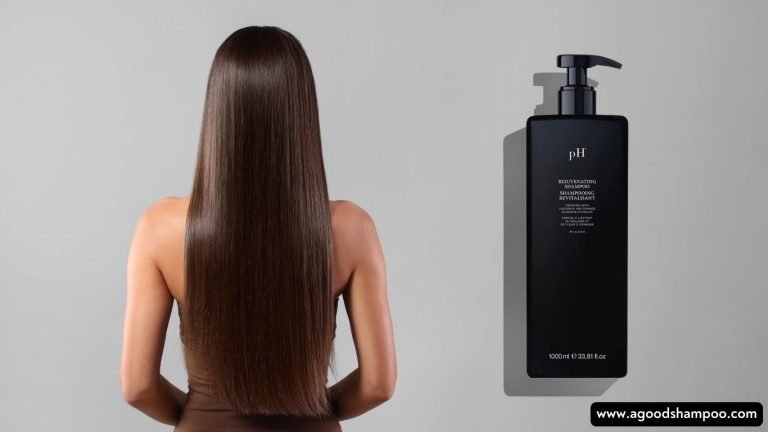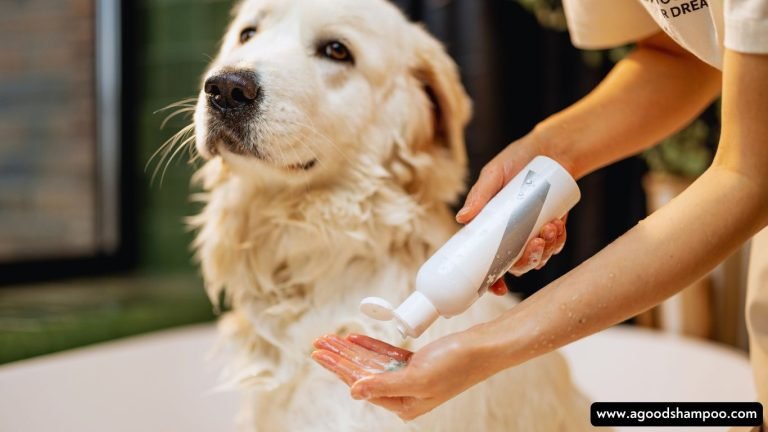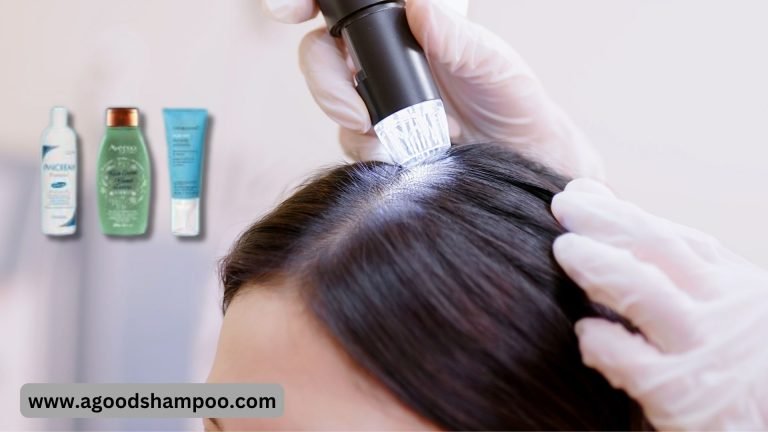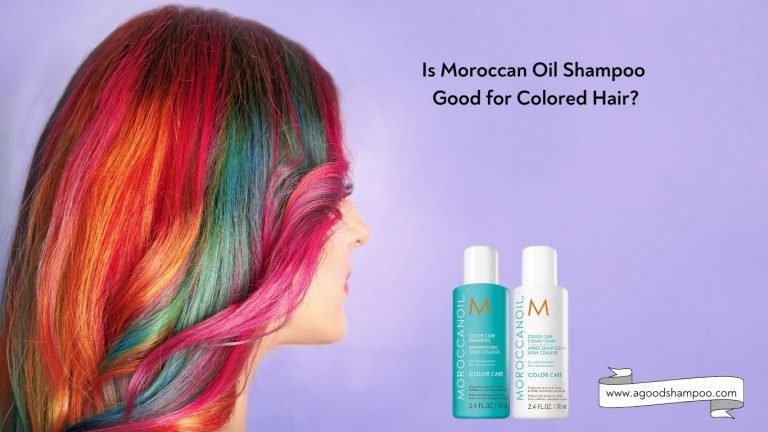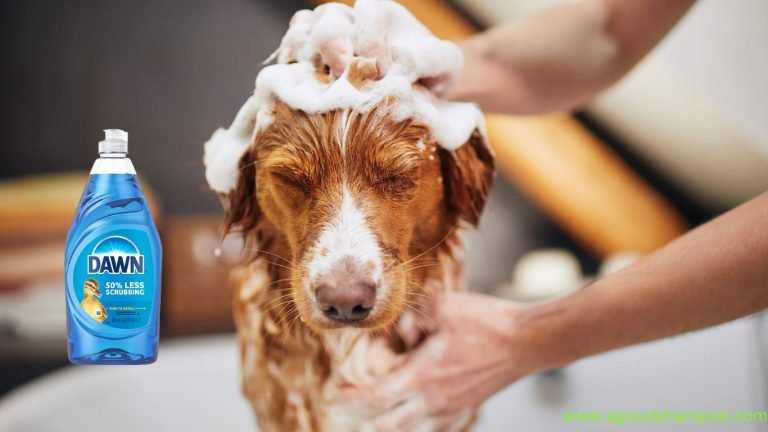Is It Good To Shampoo? Benefits, Drawbacks & Hair Care Tips
Let’s just say it. Hair care advice is exhausting.
One day you’re told to shampoo daily for freshness. Next? TikTok swears shampoo is “toxic” and you should toss it forever and go full caveman mode with water-only washing.
So… what’s the truth?
Is it good to shampoo? Or are we all just victims of another beauty myth?
Grab your favorite drink and let’s break this all the way downno fluff, no fake advice, just real talk from someone who’s been elbows deep in product formulas, busted split ends, and repair routines for over a decade.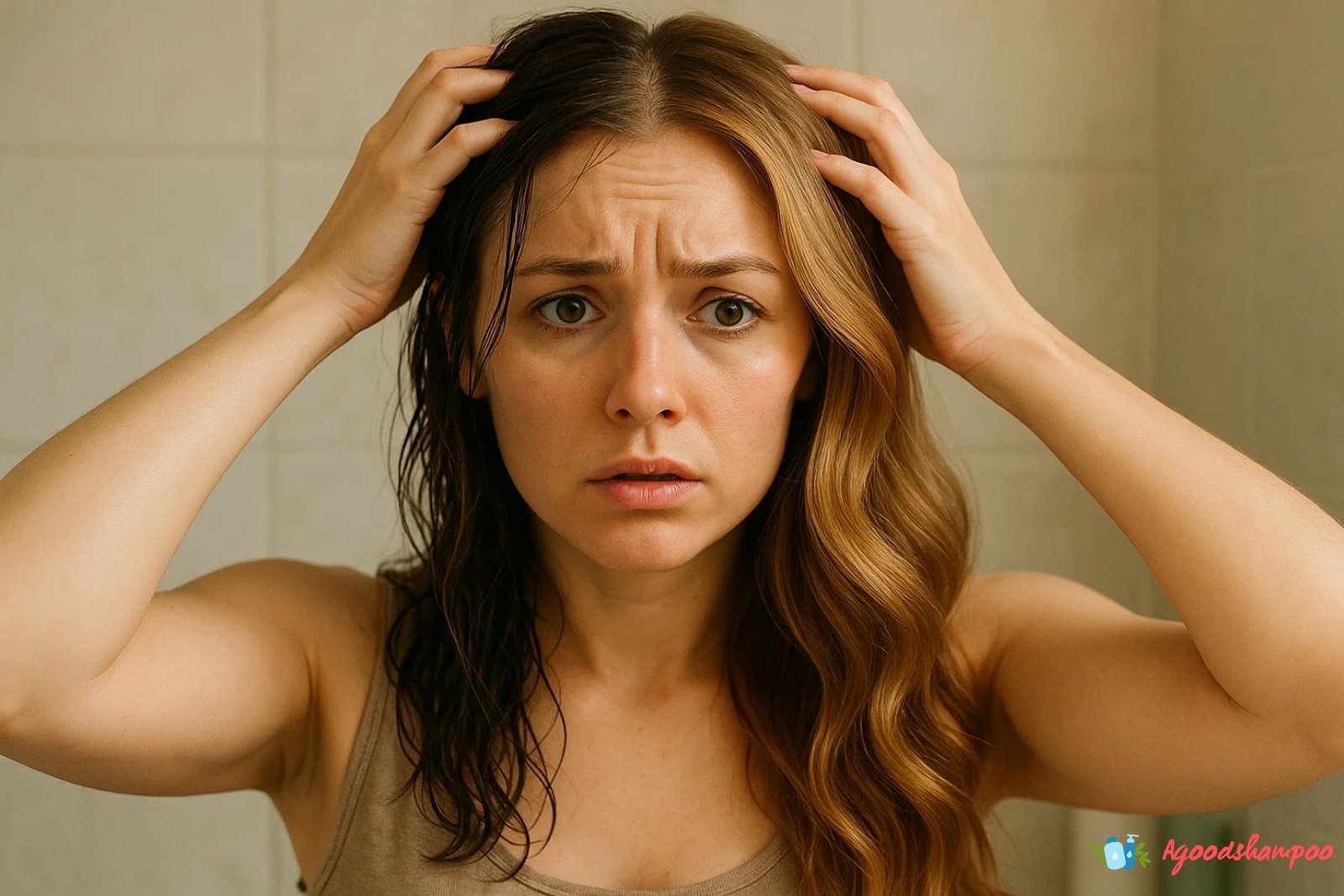
So… Is Shampooing Actually Good for Your Hair?
Short answer? Yesbut only if you’re doing it right.
Long answer? Depends on your hair type, scalp health, lifestyle, the shampoo you’re using… and whether your strands are crying out for help or just vibing.
Here’s the honest scoop: Shampoo has a job. It removes gunklike oil, dead skin, pollution, and all that product you layered last week for your “effortless” curls. If you never washed it out? That stuff clogs follicles, suffocates your roots, and can even trigger hair thinning long-term.
Butand this is a big BUTnot all shampoos are created equal. Some are gentle angels, while others are little chemical bullies that strip your scalp dry and leave you with crunchy ends.
So really the question isn’t “is it good to shampoo?”
It’s: “What are you shampooing with… and how often?”
The “No Shampoo” Trend: Smart or Just Hype?
Ah yes, the famous no-poo method. You’ve seen it. That girl on YouTube with waterfall curls swearing she hasn’t used shampoo in 3 years and her hair “has never felt better.”
Is she lying? Probably not. But can you get those results? Maybe. Maybe not.
Here’s what really happens when you stop using shampoo:
Pros:
Your scalp recalibrates. Sebum production slows down.
Less chemical exposure (assuming you were using harsh shampoos).
Hair feels softer, shinierespecially if you’re curly or coily.
Cons:
Grease. Funk. The awkward 3-week transition where your head smells like gym socks.
Not ideal if you live in a polluted city, wear hats daily, or sweat a lot.
Can trigger scalp inflammation or clogged follicles if you’re not using something to break down buildup.
Verdict?
If your hair is coarse, curly, or ultra-dry, you might thrive on shampooing less. But if you’ve got fine, oily roots or live in a dusty climate? Skipping shampoo could turn your crown into a greasy pancake.
How Often Should You Shampoo?
Okay, this is where people want a magic number like “3 times a week.”
But here’s the thinghair isn’t a one-size-fits-all t-shirt.
Instead of sticking to a schedule, try using these real-life cues:
| Hair Type | Shampoo Frequency |
|---|---|
| Fine/Oily | Every 1–2 days |
| Medium/Normal | Every 2–3 days |
| Curly/Coily/Dry | Every 4–7 days |
| Bleached/Colored | Once per week or less |
| Exercise Lover / Sweaty Scalp | As neededbut use gentle formulas |
Also, dudes:
Just because your hair’s short doesn’t mean it needs shampoo daily. Most men overdo it. Instead, focus on scalp condition. If it’s flaking, itching, or feeling tightyour shampoo game needs a reset.
Is Shampooing Every Day Too Much?
For most people, yes.
Unless you’ve got an oil slick on your scalp by noon, washing every day can:
Dry out your scalp
Trigger rebound oiliness
Cause frizz, breakage, or even inflammation over time
But if you’re a lifeguard, gym rat, or live in a humid city? You might need daily washingbut pick your weapon wisely. Use sulfate-free, low-pH, or moisturizing formulas that don’t over-strip your scalp.
Bonus tip:
If your roots feel dirty but ends feel parched, try shampooing only your scalp and conditioning mid-shaft down. Total game changer.
Is Shampoo Alone Enough?
Nope. Not even close.
Shampoo is the cleanser. Think of it like face washit removes dirt, but it doesn’t hydrate.
That’s where conditioner steps in. Conditioner replenishes the lipids and proteins that shampoo can accidentally rinse away. Without it, hair gets dry, tangly, and snappyespecially if you bleach, blow-dry, or heat-style.
But let’s talk real life:
Some people co-wash (conditioner only) and thrive. Others need a deep clean once a week or their scalp throws a tantrum. Some use leave-in spray conditioners because rinse-outs feel heavy.
The key? Know your hair. Curly girls usually need more moisture. Fine-haired folks need lightweight products. If you’re dealing with damage? Don’t skip the conditioner. Ever.
Is Shampoo Bad for Hair?
It’s not the shampoo.
It’s the type of shampoo you’re using.
Let’s break it down:
🚫 What to avoid:
Sulfates (especially Sodium Lauryl Sulfate)
Parabens
Synthetic fragrances
High alcohol content
✅ What to look for:
Sulfate-free
Paraben-free
Plant-based surfactants
Moisturizing oils (argan, jojoba, coconut)
pH-balanced (between 4.5–5.5)
Silicone-free (especially for low-porosity hair)
Your bottle should nourishnot nukeyour strands.
Real Talk: What If You Just Use Conditioner?
Co-washing is a vibe.
Especially if your hair is super curly, dry, or fragile.
Using conditioner only helps retain moisture and cuts back on frizz, but here’s what nobody tells you:
Not all conditioners are made for cleansing. Choose one labeled “cleansing conditioner” or lightweight enough to avoid buildup.
If your scalp starts itching or smelling funky, it’s time to clarify.
For fine or straight hair? Co-washing might make your head feel heavy or flat.
Pro tip? Alternate. Do a proper shampoo once a week to reset the scalp. Co-wash in between.
Benefits of Not Using Shampoo
Let’s be fair. The no-shampoo crowd has a few WINS.
Your scalp rebalances. It starts producing less oil over time.
Hair feels less frizzy. Natural oils smooth the cuticle.
No chemical nasties. If you were using junky drugstore shampoo, this is a glow-up.
Eco points. Less plastic, fewer bottles, less water.
If you’re going no-shampoo, grab a boar bristle brush to distribute oils and do regular scalp massages to boost circulation. And brace for the awkward phase (aka oily hat season).
But What’s the Downside?
Let’s keep it real. The no-shampoo thing isn’t for everyone.
Oily roots that feel gross.
Itchy scalp from sweat + sebum buildup.
Weird smell. (Yes, even if you rinse with water.)
Dullness. No shampoo = no removal of hard water minerals or product gunk.
If your job involves sweat, helmets, pollution, or physical labor? You need something that cleans deeper than water. Go for a clarifying shampoo once a week, and use a mild moisturizing one on other days.
How to Choose the Right Shampoo (Without Guessing)
This isn’t about trends. It’s about science + your scalp’s mood.
| Feature | Look For If… |
|---|---|
| Sulfate-Free | You want gentle, daily-safe washing |
| Moisturizing | Your ends feel dry, color-treated, or bleached |
| Volumizing | Your hair is fine or limp |
| Clarifying | You use lots of product or have hard water |
| Fragrance-Free | Your scalp is sensitive or allergy-prone |
| Protein-Infused | Your hair breaks or feels stretchy |
| pH-Balanced | You want to prevent scalp irritation |
Hot tip: Always check the back label. If water is the first ingredient and sulfates are way down the list (or not at all), it’s usually gentle.
So… Is It Good to Shampoo?
Yes. But only when done with love, not autopilot.
Don’t just grab any bottle from the shelf and hope for a miracle. Understand your scalp. Know your porosity. Feel your strands. And choose shampoo like you’d choose skincareintentionally.
If you’re confused, here’s what I usually recommend as a starting point:
Fine/oily hair: Gentle sulfate-free shampoo every 2 days
Curly/dry hair: Co-wash + weekly moisturizing shampoo
Color-treated: Ultra-gentle, low-pH, hydrating formulas
Scalp issues: Rotate in clarifying or anti-dandruff once a week
And when in doubt? Reach out. At agoodshampoo.com, I test and review products that actually workwithout killing your curls, stripping your toner, or burning your wallet.
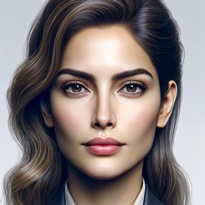
Carolina Herrera: Cosmetics specialist & Hair Analyst. Specializing in hair treatments, Carolina provides thorough reviews and advice on choosing the best products for damaged or treated hair.

